All about NodeJS
Loại khoá học: Web Development
Create & Deploy High Performance Node JS Apps on the Cloud and More !
Mô tả
About this Course
NodeJS is a platform that allows developers to write server side high performance and networked applications. And that too using good old Javascript. But wait ! Isn't Javascript meant to be used for forms and stuff on web pages ?
Well that was 10 years ago. The world has gone from 'Oops! You've not filled up the form properly !' days to today's modern web apps and social media sites that rely heavily on Javascript. Google Apps, Facebook, Twitter, Google Plus and LinkedIn, being handful examples of this movement. And to think that this quantum leap would not have been possible without Javascript is not an overstatement. Today, when you socialize with your friends on Facebook, or use your Gmail inbox, you're running thousands of lines of code written in Javascript, in your browser.
With Node JS, you can take this knowledge back on the server, where usually you would expect to see the likes of PHP, Ruby, ASP dot NET etc. But that's only a small portion of the reason why NodeJS is so cool. The fact that you can write full blown networked applications (think chat servers, collaborative tools, real-time data visualisation apps) with just a few lines of code is more than reason enough to not only look at NodeJS, but deep dive into it !
But I know PHP ? Why should I learn NodeJS ? Well, for starters, learning something new never hurts. But most importantly, learning NodeJS is great because :
- Node allows you to write highly scalable networked apps deployed on the cloud !
- You're working at a different level of application design per se with Node and that means that you're not writing an app that sits on top of a stack, you design the stack from the server up. And while that may sound daunting, it really is not and you'll see why.
- You code in the same language, both on the server and on the front end ! We're all polyglots (we use multiple programming languages and syntax in most of our projects), but managing code in the same language on the back-end and the front-end never hurts and in-fact can be a huge time saver when debugging.
- NodeJS is used by the likes of LinkedIn, Yahoo and Microsoft to name a few. Its pretty new and consequently you gain advantage from the exponentially growing community of NodeJS & Javascript developers and that's great fun, really !
- If you've been coding in Javascript, you can leverage your existing knowledge and skills and take it to a whole new level !
The Real Problem
So, NodeJS sounds pretty interesting so far, but what really hit me in the face when I was learning all about Node was the fact that, with any new platform, framework or technology, you need to take baby steps, all the way through, to making real world examples, if you have to get to the grips of it. And that leads us to why you're here.
In this course, we'll go from absolute scratch, all the way up to building and deploying full blown NodeJS app on the Cloud !
Project Oriented Learning
With NodeJS, we will build two full blown apps. We will go all the from concept creation, UI/UX design to coding and deploying our app on the cloud.
A. ChatCAT - One of the fun things that you can do with NodeJS is build realtime apps that allow a high number of concurrent users to interact with each other. Examples of this kind include Chat Servers, Gaming Servers, Collaborative Tools etc. We will build a multi-room chat server that allows users to login via Facebook, Create Chatrooms of their choice and Chat in realtime. We will not only create this app, but also deploy it on Heroku and Digital Ocean !
You will learn all about using Websockets, Structuring your App in an efficient manner, creating and using development & production configurations, Authentication using Facebook, Setting up an App on Facebook, Managing Sessions, Querying & Using a Hosted MongoDB Database, Using Heroku & Digital Ocean's Cloud Services and lots more...
B. PhotoGRID - The second complete app that we will build in this course is a Photo Gallery app which lets users upload images into a gallery with the ability to vote up the images that they like. This NodeJS app lets users upload files, which are then resized to thumbnails on the server and stored in an Amazon S3 Bucket for optimal delivery to the front end interface. The entire app runs on an Amazon EC2 Cloud Server which we will create from scratch and configure for use.
You will learn about managing file uploads using NodeJS & AJAX, Resizing Images on the Server, Accessing & Storing files in an S3 Bucket, Querying & Using a Hosted MongoDB Database, Using Amazon's Elastic IP Service & Cloudfront distribution, ensuring your NodeJS app runs automatically even if the server is restarted and lots more...
In the projects above, we leave no stone unturned in terms of execution. This is a complete hands-on course that is not just limited to NodeJS but to the ecosystem that needs attention when a NodeJS app is built and deployed. My intent is hand hold you all the way from writing your first app to deploying production level apps on the cloud.
And I'm always available to personally help you out, should you get stuck.
BONUS :: Here's the best thing about this course. The curriculum that you see gets you up and running with NodeJS & Cloud Deployment. However, there is so much more that you can do with NodeJS, which is why I will keep adding new lectures and sections to this course on an ongoing basis. There is so much more that you will get with full lifetime access to lectures and all updates !!
So, join in the fun !
Bạn sẽ học được gì
Build High Performance and Scalable Apps using NodeJS
Learn about ES6 with my free eBook - ECMAScript 6 QuickBytes
Use NodeJS Streams to write a Web Server
Use the Node Package Manager (NPM) for managing dependencies
Use the Express 4 Framework for building NodeJS Apps
Use the EJS templating language
Understand MongoDB as a NoSQL Database
Create & Use MongoDB Databases using services like MongoLab
Create Realtime Apps that use Web Sockets
Upload & Resize Images using NodeJS
Integrate Authentication using Social Media Sites like Facebook
Structure the NodeJS app into modules
Create and Deploy EC2 Cloud Server Instances on Amazon Web Services
Create and Use Amazon's S3 Storage Service with NodeJS
Use Amazon's Cloudfront Service
Using Amazon's Elastic IP
Configure Security Groups, Ports & Forwarding on Amazon EC2
Deploy a NodeJS app on the EC2 Instance
Deploy a NodeJS app on Heroku
Deploy a NodeJS app on Digital Ocean
Install & Deploy NGINX as a Reverse Proxy Server for NodeJS Apps
Configure NGINX as a Load Balancer
Learn about Enterprise Integration
Create an app using the incredible Hapi framework
Learn more about logging using the Hapi framework
Learn to use ES6 with Nodejs
Install & Deploy Apache Apollo MQ with Nodejs and a Python Script
Yêu cầu
- Working knowledge of HTML, CSS and Javascript
- Basic Working knowledge of an image editing application such as Adobe Photoshop would also help, but is not necessarily needed.
Nội dung khoá học
Viết Bình Luận
Khoá học liên quan

Đăng ký get khoá học Udemy - Unica - Gitiho giá chỉ 50k!
Get khoá học giá rẻ ngay trước khi bị fix.

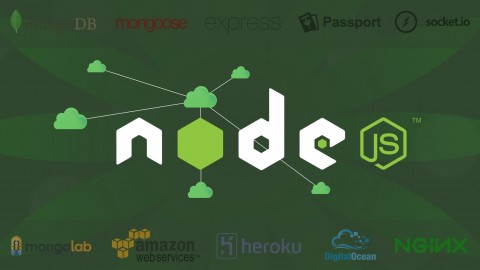
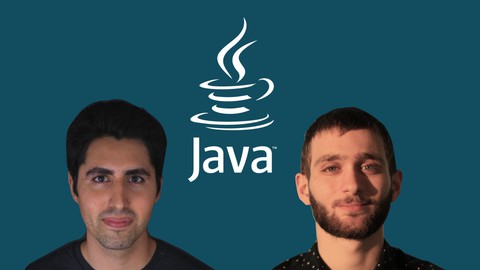

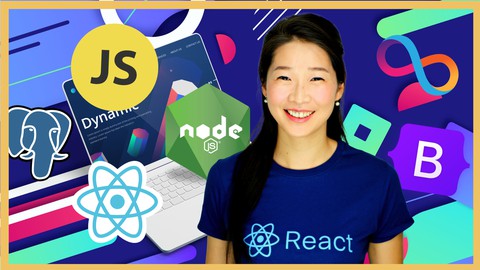
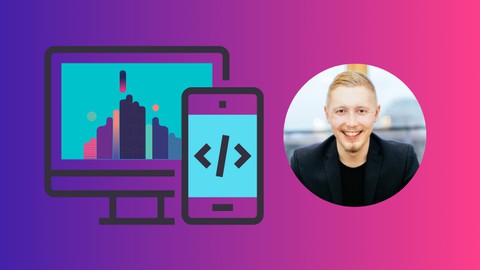

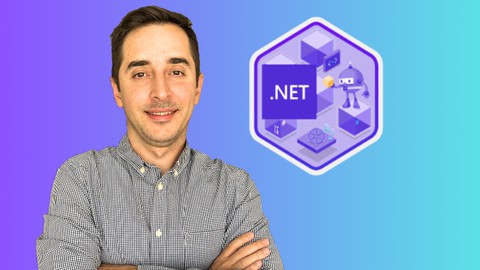

![[NEW] Spring Boot 3, Spring 6 & Hibernate for Beginners](/uploads/courses/udemy/647428_be28_10.jpg)

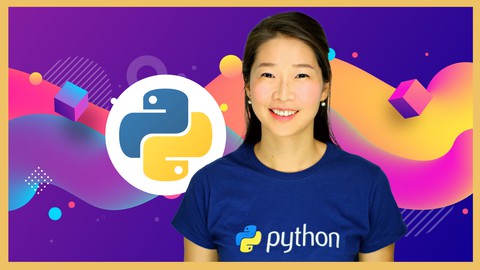
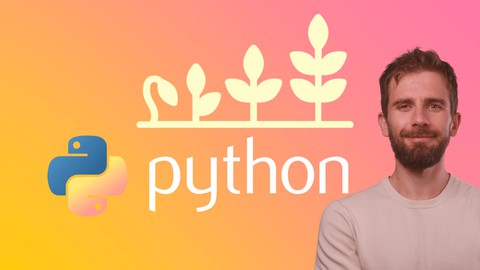

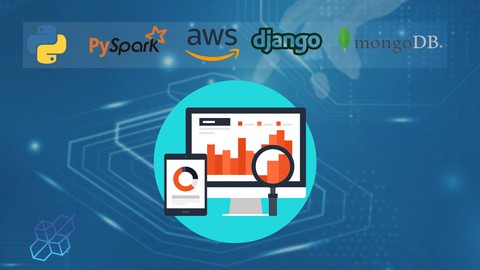

![Machine Learning A-Z: AI, Python & R + ChatGPT Prize [2024]](/uploads/courses/udemy/950390_270f_3.jpg)
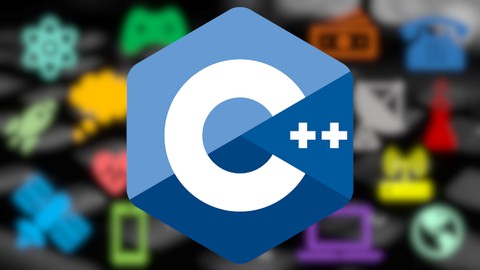
Đánh giá của học viên
Bình luận khách hàng